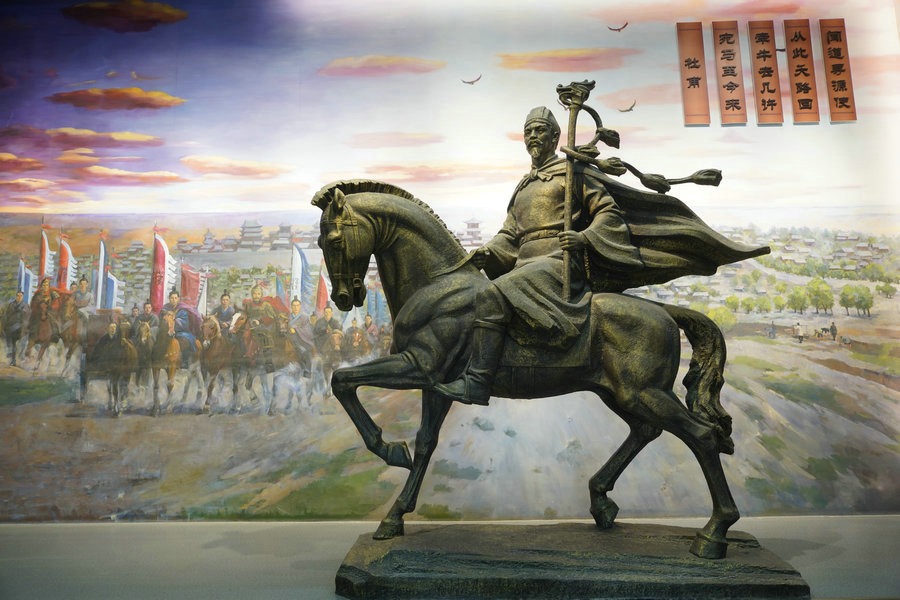Yibin has much appeal for history buffs


Sichuan tourist destination holds a variety of cultural surprises, Huang Zhiling and Peng Chao report.
Tourists looking to explore Yibin in Southwest China's Sichuan province will be surprised by the diverse ancient architecture, natural beauty, cultural history and historical figures found all around the region.
For first-time visitors who stay in a hotel in the center of Yibin, one of the first things they will pass is an impressive ancient building.
The spectacular 260-year-old Daguan Tower, meaning "grand view" tower in Chinese, looks so unusual at first sight and reminds visitors of China's imperial past, says Jia Yuan, a young visitor from Beijing.
Known as the first city along the upper reaches of the Yangtze River, Yibin boasts many ancient buildings that appeal to history buffs.
The city is situated at the confluence of three major rivers and one popular tourist destination is a large platform in the city center where visitors can see how the Jinsha and Minjiang rivers converge into the Yangtze River.
Standing on the platform, visitors can raise their heads and see an ancient white pagoda in the White Pagoda Mountain Park.
The eight-floor brick pagoda with a height of 35.8 meters was built in 1569 for local religious people, men of letters and scholars to store their classics, according to an illustration in the park.
In January 2001, the Cuiping district government of Yibin built a sight-viewing platform around the pagoda. Ever since, it has been an optimal site for appreciating both the city and river scenes below.
Yibin is a well-lit city and the night scene below the platform is breathtaking, Jia says.
With an area of 5.4 square kilometers and 80 percent of its territory covered with trees and plants, the park draws visitors with its pagoda, helping visitors to forget the hustle and bustle of metropolises like Beijing, he says.
About 3.5 km from the pagoda is the famed Liubei Pond Park. Liubei means "flowing cup" in Chinese.
The park is a must for literature lovers because of Huang Tingjian, a poet from East China's Jiangxi province of the Northern Song period (960-1127) whose three-year stay in Yibin had him reciting and writing poems with friends beside the pond.
The pond is in a zigzag shape with nine curves. It is said that Huang and his friends had to drink the liquor in a cup and pen a poem whenever the flowing cup stopped near one of them.

































